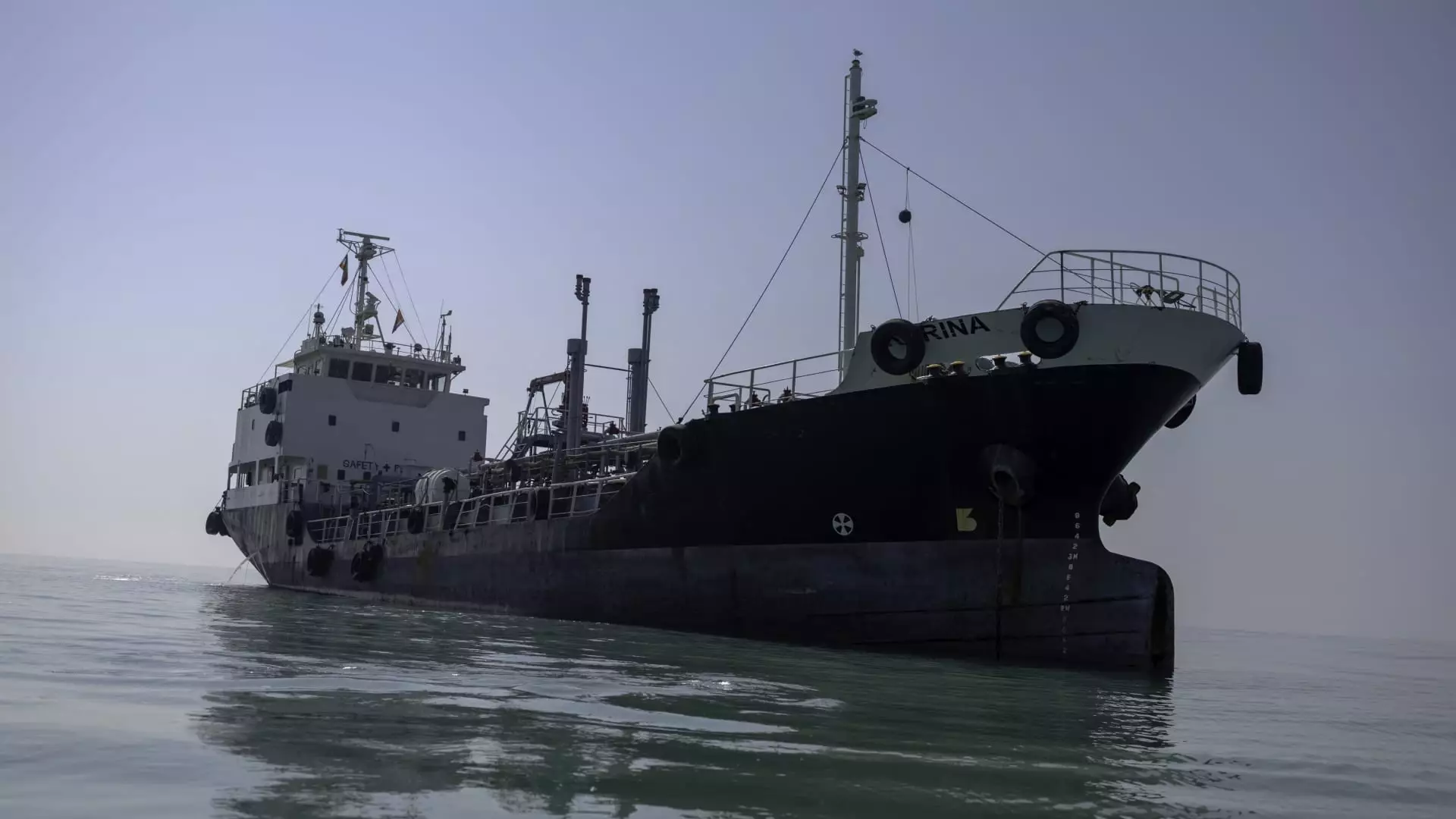In a striking turn of events, the maritime insurance landscape is undergoing seismic shifts, reflecting the escalating tensions in the Middle East, particularly between Israel and Iran. The latest data reveals a sharp increase in insurance premiums for vessels operating in this volatile region. Premiums for ships traversing the Gulf have surged to 0.2% of their value, doubling the risk incurred just weeks ago. This rapidly evolving situation prompts introspection: How do we gauge the resilience of global trade against the backdrop of conflict-driven uncertainty?
Insurance rates tend to mirror the fluctuations of geopolitics, and the recent hostilities have certainly thrown the security calculus into disarray. Port insurance rates in Israel have increased more than threefold, a sobering indicator of the perilous environment. The overall atmosphere of maritime trade is burdened by a precarious balance of risk and reward, leaving companies scrambling to adapt to shifting tides of policy and practice.
The Strait of Hormuz: A Powder Keg for Global Trade
Navigating through the Strait of Hormuz has traditionally posed risks due to piracy and regional instability, but the current Israeli-Iranian conflict deepens these concerns exponentially. This narrow waterway is not merely a geographical feature; it serves as a vital artery for global energy supplies. A significant drop in the number of vessels willing to traverse this critical passage underscores the profound apprehension gripping the shipping industry. Jakob Larsen, head of security at Bimco, articulated this unease, highlighting an industry-wide retreat from one of the world’s most pivotal maritime corridors.
This reluctance to navigate the Strait of Hormuz is akin to an ominous canary in the coal mine, alerting us to deeper implications for global commerce. A temporary blockade here can send shockwaves through energy markets. Skyrocketing crude oil prices intertwined with delayed shipping schedules can create ripples that affect economies worldwide. It raises a significant question: Are our global trading systems resilient enough to withstand such disruptions, or are we unwittingly barreling toward a crisis?
U.S. Intervention: A Double-Edged Sword
While the specter of U.S. military intervention looms, opinions about its potential to stabilize the situation are deeply divided. On one hand, there are those who argue that U.S. involvement might bring a semblance of order to the region. On the other hand, historical precedents remind us that foreign intervention can complicate matters, leading to unforeseen consequences. The current dynamic illustrates the precariousness of relying solely on military might to foster stability.
If history teaches us anything, it’s that diplomacy must play a pivotal role in resolving conflicts that often have roots deeply embedded in centuries-old animosities. For this complex issue, the solution doesn’t echo the simplistic clarity of military intervention; instead, it demands nuanced dialogue that recognizes the multiplicity of actors involved.
Shipping Industry’s Unsettled Future
In the grand scheme of things, the rising cost of marine insurance is symptomatic of deeper anxieties gripping both the maritime community and global economic networks. While some may argue that these costs are merely a reflection of heightened risk, they also strip away the veneer of stability, bringing to light how intertwined our destinies are as nations. The significance of collective action against such rising turmoil cannot be overstated.
As the maritime world grapples with the consequences of geopolitical strife, it’s essential for stakeholders to remain vigilant and adaptive. The precarious nature of global trade demands that we not only reassess our strategies but also foster resilience. In a world increasingly defined by uncertainty, navigating the waters of commerce may become as perilous as the conflicts that generate such turbulence.


Leave a Reply